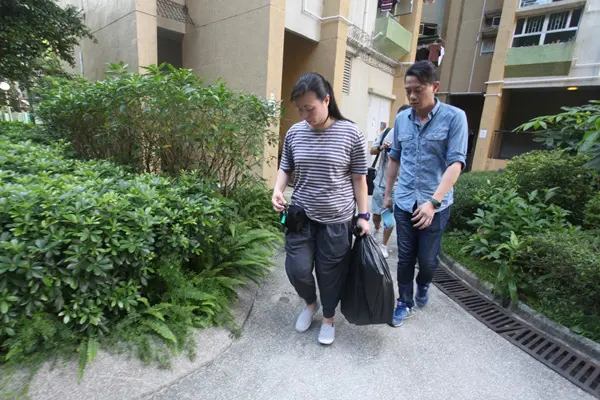Vietnamese Prime Minister Nguyen Tan Dung has approved a list of state-owned enterprises ( SOEs) to undergo the process of equitising and restructuring in 2014-15 as a set plan to help secure confidence from foreign investors.
Accordingly, 432 SOEs are put in the list of being equitized during 2014-2015, with focus made on equitizing state-run economic groups, divestments of non-core ventures and sales of unnecessary state shares at market prices.
In this context, local and foreign firms should take advantage of the current good acquisition opportunities, as they won't be available in 50 years' time, local Vietnam News daily quoted Le Xuan Nghia, head of Vietnam's Business Development Institute, as saying on Monday.
The expert said that industries that weakened first in the economic crisis were the ones that would recover the quickest. They included the footwear, garment, and electronics industries amongst others. In addition, telecommunications sector is proving attractive in the international mergers and acquisitions market.
Although the service sector was not seriously weakened in the crisis, it is also likely to recover relatively rapidly, according to the economist.
Vietnamese Prime Minister required drastic measures to be taken in handling bad debt problems, restructuring commercial banks and in the worst cases, accepting bankruptcy.
However, the process would take time, especially business evaluation, which would require the involvement of major foreign firms if it was for a large corporation. In the real estate market, the state could only support in terms of policy and could not helpfinancially, said the expert.
Marc Townsend, managing director for the real estate services firm CBRE Vietnam, anticipated that the middle level apartment transactions would increase at higher rate in 2014 than those for the affordable units, thanks to the rising middle class.
The recent entries of Starbucks and McDonald's in Vietnam as well as the official allowance of 100 percent foreign-owned companies in the restaurant and cafe business in 2015, as set out when joining WTO, would encourage more foreign firms to explore Vietnam's retail market.
Insiders held that although challenges remained for Vietnam's economy, there are encouraging factors, including the government' s determination not to allow inflation to rise again, the end of high lending interest rates of more than 20 percent and stability of the foreign exchange rate, increased export and remittance and the positive foreign direct investment.
According to assessments by the Vietnam's Steering Committee for Innovation and Enterprise Development, slow equitization in Vietnam's SOEs during 2011-2013 period was resulted from domestic economic difficulties, obstacles in implementing mechanisms as well as not strictly implementing direction.
During 2011-2013 period, Vietnam arranged business form of some 180 SOEs, 99 among which are equitized while 81 others are rearranged. As a result, the total number of equitized SOEs had reached 4,065 up to now, reported the committee.
 简体中文
简体中文





